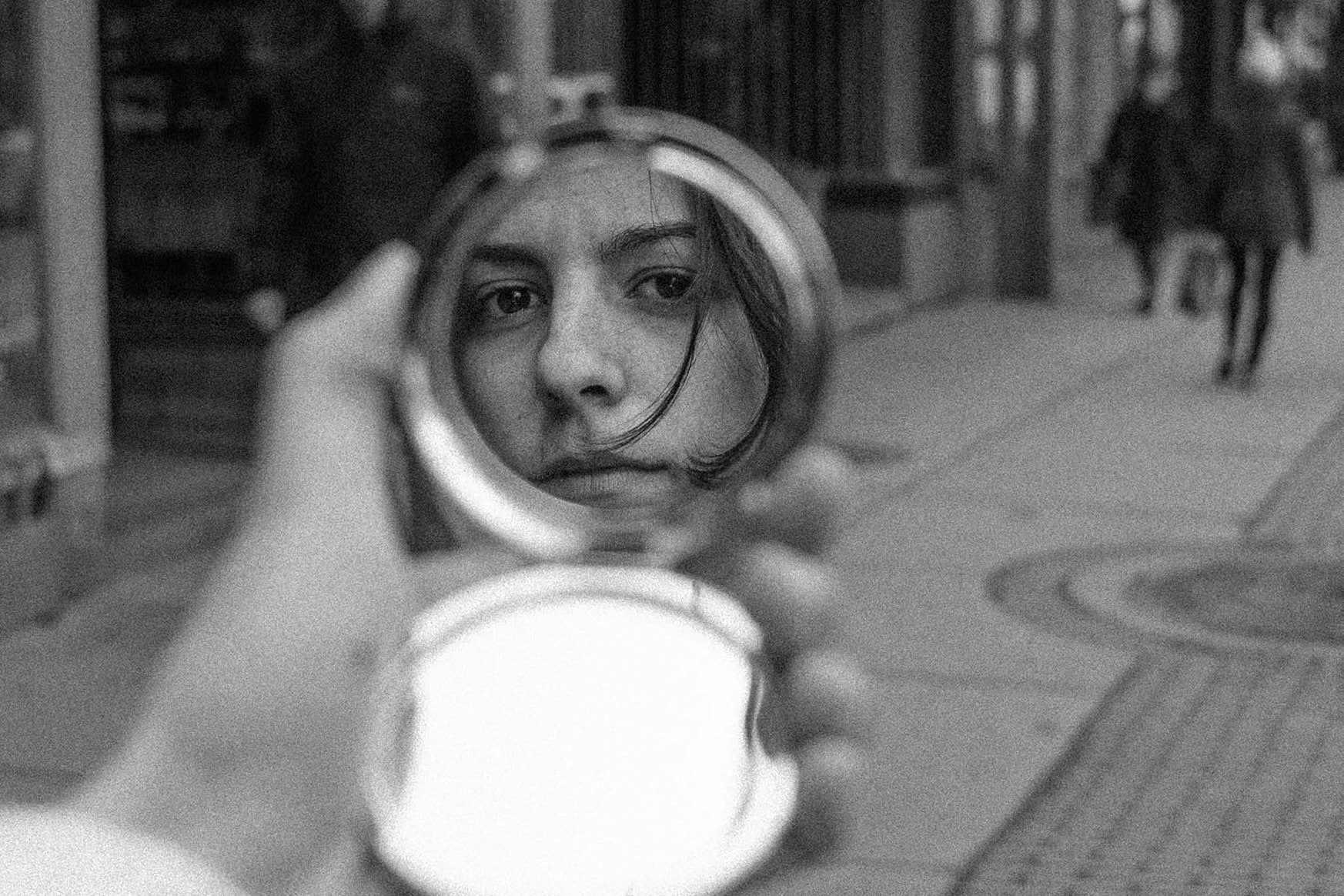In show business, child actors are often treated as if they were “little” adults. Child actors are forced to grow up very quickly. I think that’s the nature of the entertainment industry. There is a great deal of pressure placed on them. A child’s self-esteem becomes dependent on the praise. How the child sees him- or herself is frequently influenced by external factors (what other people in the industry say, whether the job is booked or not).
Lack of Perceived Control:
In the entertainment industry, the child has little control over his or her environment. Parents, acting coaches, agents, and managers all have certain expectations of the child actor. The child is instructed how to behave during an interview, how to cry on cue, when to smile, etc. The need to be perfect can develop early on. Not being in control as a child may be a contributing factor to emotional problems and addiction down the line. A child actor can feel like he or she is on a roller coaster ride. There is the “high” of landing the part, and the high of getting attention. Attention can be addictive. When it’s not there, an actor can get depressed and crave it even more. Often the high of praise and attention is short-lived.
Fame Can Bring Isolation:
Unfortunately when a certain level of success is achieved, there often comes the feeling of alienation. Jealousy of classmates and peers can result in the isolation of the child actor. And with all the time spent filming, the child’s interaction with peers may be limited, and social skills may be lacking. There are teachers on the set, and home-schooling is common. As the novelist Vicki Baum put it: “Fame always brings loneliness. Success is as ice-cold and lonely as the North Pole.”
What Happens When Success Is Not Achieved?
If self-esteem is dependent upon praise, what happens when there is rejection? A child may not be equipped to handle it. There may be a fear of letting their parents down. And it’s very easy for a child to internalize the rejection (i.e. “I must not be good enough in some way”… “there must be something wrong with me”… “I’m not pretty enough”… “I’m not talented enough”.) Over time, this can turn into an ingrained way of thinking. Self-esteem suffers, and alcohol and drugs often become a way to numb out the nagging insecurities.
The Parents’ Role:
So does being a child actor necessarily doom a person to suffer from psychological problems down the line? No, not necessarily. First of all, the desire to act must come from the child, not the parent. The term “stage mom” is used to describe the mom of a young performer. It usually carries negative connotations. Stage moms are overbearing, demanding, and put pressure on the child to succeed (of course there are “stage fathers” out there also). The” stage parent” may have had unrealized hopes of stardom, and may then impose these dreams on the child. The child then works primarily to please his or her parents instead of getting enjoyment out of performing.
It’s impossible to land every role auditioned for. Inevitably, facing rejection is just a part of the business. But how do you prepare a child for this? Parents’ reactions are of key importance. Is there a “you win some, you lose some” mentality, where rejections are brushed off as insignificant and just part of being an actor? Or do the parents fixate on the rejections, attributing them to something the child failed to do correctly in the interview? Parents must understand that they play a crucial role in how their child perceives the industry and him- or herself in it.





